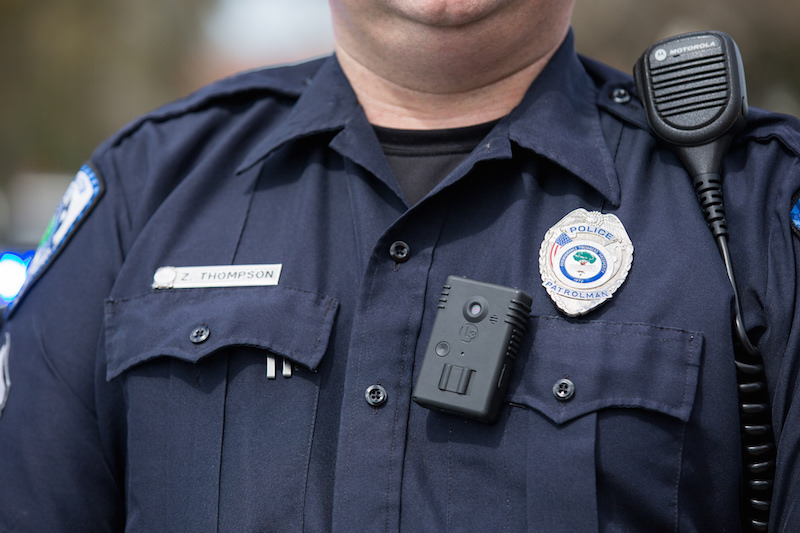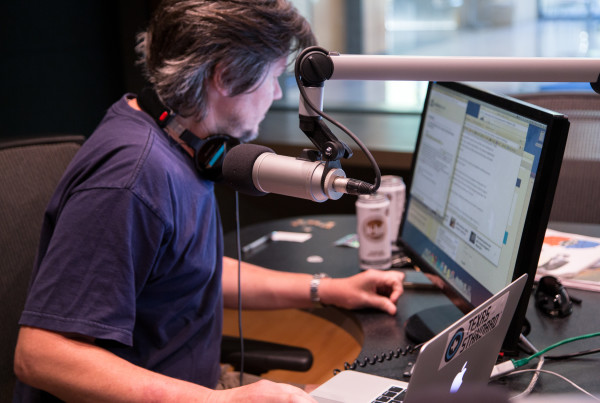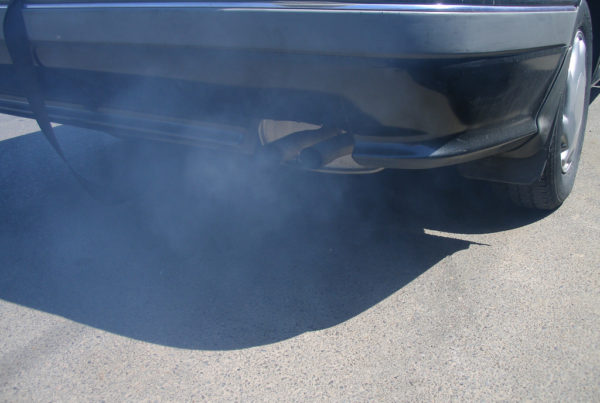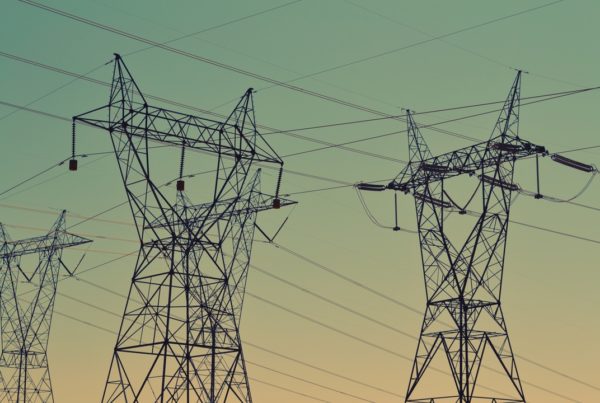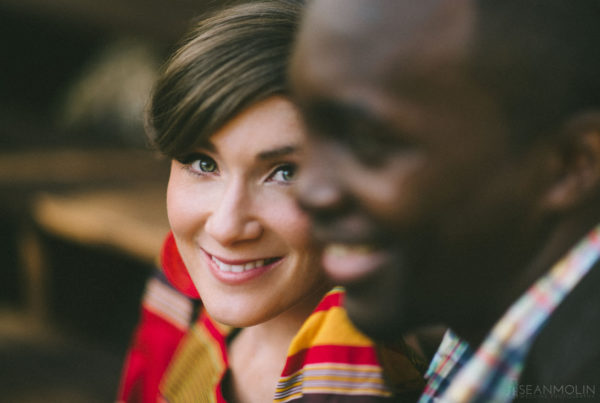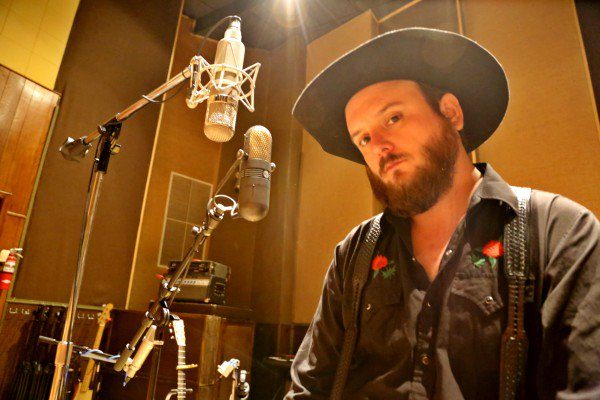It’s common practice for police officers to earn a couple of bucks on the side by working various off-duty gigs.
But for some moonlighting officers, one piece of equipment is often left behind. Most police agencies that require officers to wear body cameras don’t require or won’t allow cameras on off-duty officers.
Associated Press reporter John Seewer says body camera policies are inconsistent for officers on official and unofficial duty, even though they are uniformed and armed in both situations.
“[The body camera is] becoming a standard piece of equipment for so many departments when officers are working their regular patrol duties,” Seewer says. “But when it comes to when they’re moonlighting at a festival or a ballpark, the departments aren’t requiring those officers to include the body camera as part of their equipment.”
Seewer found that of the 20 largest U.S. cities, only five required moonlighting officers to wear body cameras, even though nearly all of the cities had officers wearing or testing body cameras while on duty.
Fort Worth, Houston and San Antonio were among the cities requiring off-duty officers to wear cameras.
In Dallas, body cameras are optional for off-duty officers. Seewer says the Dallas Police Department is currently updating their technology to accommodate cameras for moonlighting cops.
Seewer says it’s financially difficult for police departments to provide extra body cameras for off-duty officers, as well as store the additional video footage.
While there has been pushback against police body cameras in some U.S. cities, he says he found that many officers would prefer to wear a camera while working off duty.
“I heard from a number of departments who said their officers do want to wear it when they’re moonlighting,” Seewer says. “A big reason is they say they’re more vulnerable to false allegations if they don’t have the footage to back them up.”
Written by Rachel Rascoe.


